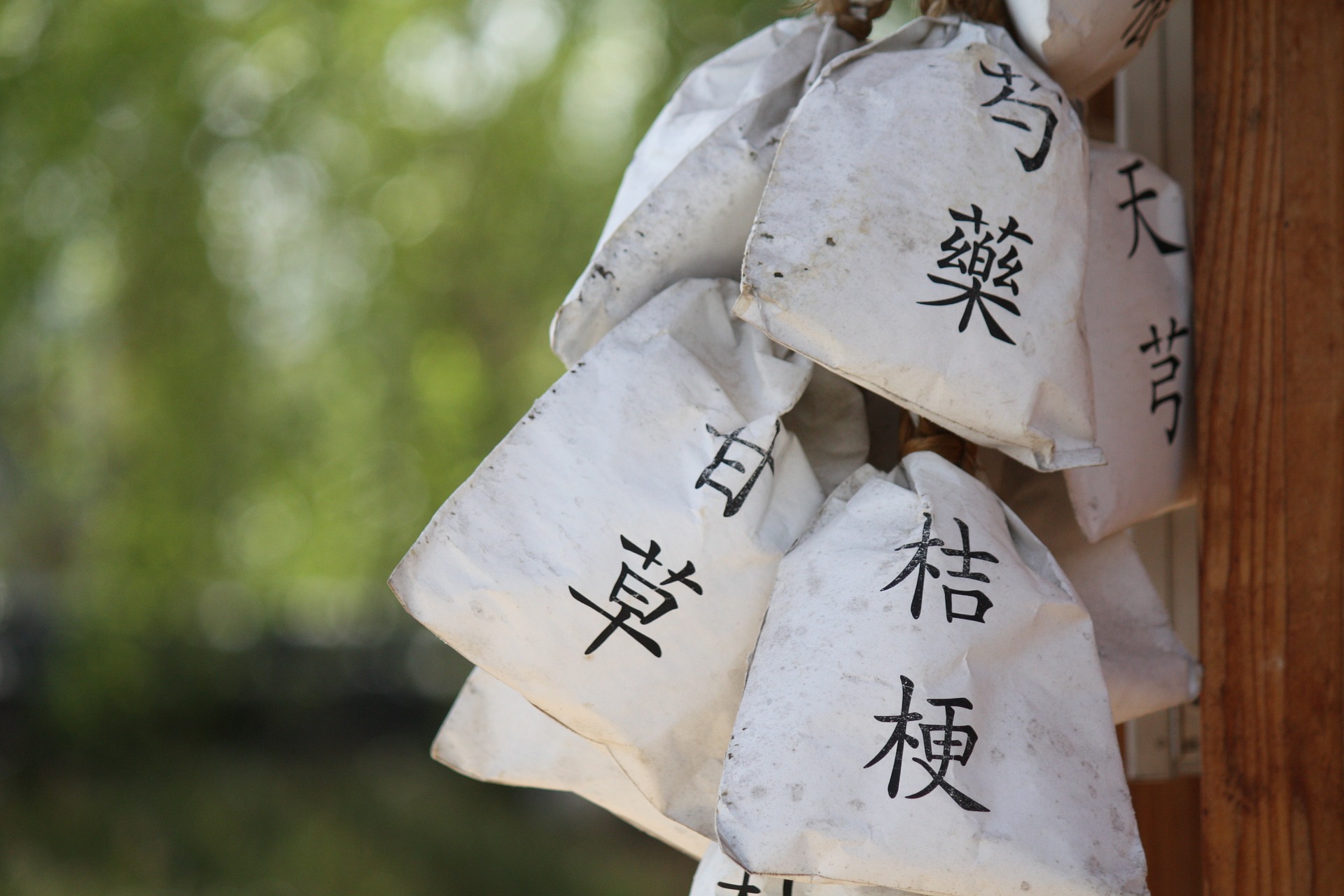Minari: Tastes of Korean Sentiments Posted by Flying Oyster on Apr 13, 2021 in Culture, Film & Theater, Idioms, Korean Language, Pronunciation, Vocabulary
Have you seen a movie called 미나리 (Minari: water celery) yet? I strongly recommend you watch it if you haven’t. The movie poignantly, but beautifully describes how a Korean family settles in a foreign land.
미나리 is a type of plant that grows in Asian countries. In Korean cuisine, 미나리 is a frequent food item that is supposed to add a subtle sweetness. You can grow this plant without too much effort.
In the beginning, I did not have high expectations of the movie only because I didn’t know much about it. Not that I had the exact same experience when I had moved to the States, but this movie deeply resonates with me. I believe that this is because the movie shows the full depth of 한국인의 정서 (han-gook-in-eui-jeong-suh: Korean sentiment).
While I was watching the movie, I found a few interesting points that I want to share with you. Some might miss these points if they don’t understand Korean culture. (Fair warning: read it after watching the movie otherwise, it will be a movie spoiler.)
1. Monica is a mother of two children. She might look like a delicate lady, but she shows her 외유내강 (wae-you-nae-gang: being gentle in appearance, but tough in spirit) for her family. Korean mothers often are described as women of 외유내강.
2. Jacob is a 가부장적 (gah-boo-jang-juk: patriarchal) father who is strict. However, he seems to be a hard-working man like most Korean fathers.
3. Grandmother, Soon-Ja brings 한약 (han-yak: herbal medicine) from Korea. 한약 is usually bitter and has a very strong smell. It is hard to swallow, but it might be of benefit by boosting your health. Many Koreans still believe that 한방 (han-bang: Oriental Medicine) is a holistic approach to the body. The custom of consumption of 한약 in Korea is still not unusual. I thought 한약 was a tool to show grandmother’s love for David.
4. The other items grandmother, Soon-Ja brought from Korea was Korean spices, such as 고추가루 (go-chu-gah-roo: red pepper powder) and 멸치가루 (meol-chi-gah-roo: ground anchovy powder). Since I travel a lot, I know the significance of these spices in Korean cuisine. If I have these spices, I can make many Korean dishes anywhere.
5. While Monica and Jacob argue, Jacob says that he had to take care of his parents because he was a 장남 (jang-nam: the eldest son). Monica also wants to take care of her mother. 봉양 (bong-yang: supporting one’s parents) and 효도 (hyo-do: filial duty) is an important notion in Korea. Although the tradition might be diminishing a little today.
6. I understand that Koreans often are perceived as a group of people with lack of 감정 표현 (gahm-jeong-pyo-hyeon: emotional expression). It is not a fact, but some might have difficulty expressing their genuine emotions to others. When a doctor announces a piece of great news, the whole family is unexpectedly quiet. Were they too shocked to be excited or were they trying to be respectful to the doctor? Or did they already have too many other thoughts in their mind?
Some might think that the movie is about a story of 이민자 (ee-min-jah: an immigrant), but I think the movie weighs more than that. This movie made me think again about who I am and where I came from.

Build vocabulary, practice pronunciation, and more with Transparent Language Online. Available anytime, anywhere, on any device.





